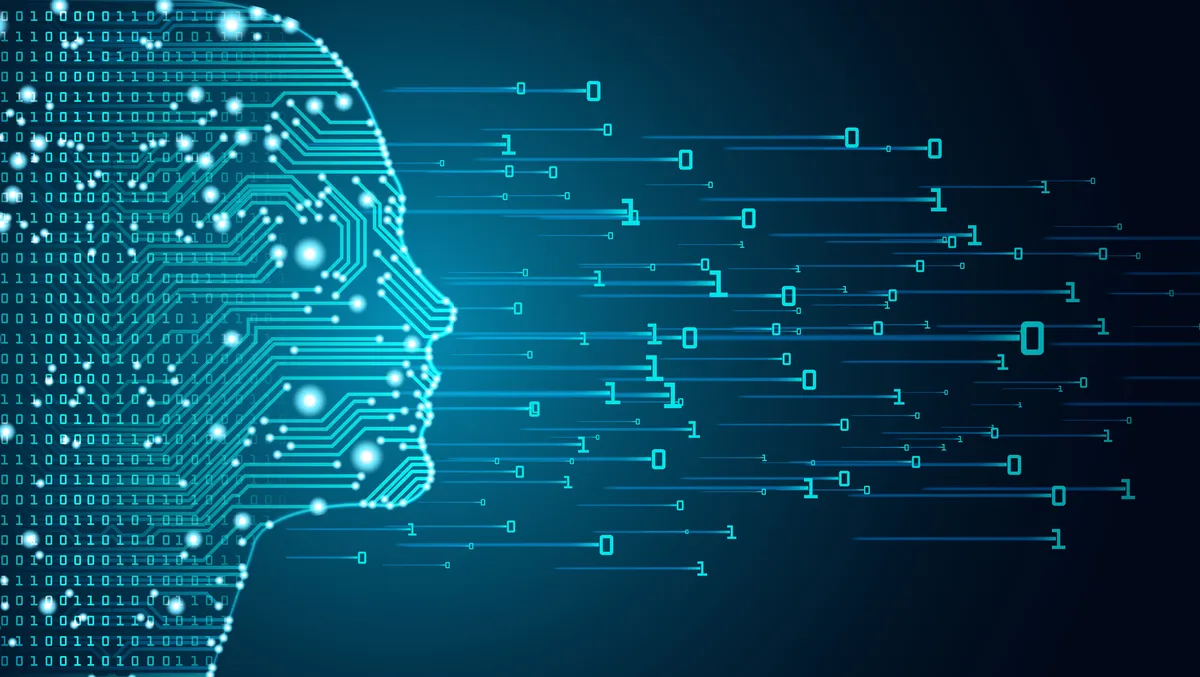Not so long ago, the only place you'd find AI was in science fiction, but nowadays, it's a pretty standard tech tool that's becoming ever more essential. So, what exactly is AI, how does it impact the internet, and how is it going to help transform the world of web3 and the metaverse?
What is AI?
Artificial intelligence, or AI, is basically the simulation of human intelligence by a computer system. Typically AI mimics tasks that are associated with human skills, such as those that require logic or reasoning. At this stage, most AI exists as an algorithm or a few algorithms that work together to make an AI system.
AI systems usually work by analysing huge amounts of data, finding patterns and then using those patterns to predict future events. For example, speech recognition, computer vision (where computers recognise images), or natural language processing (where computers can understand human language) are common examples of AI in practice. All require AI algorithms to digest large amounts of data and learn its patterns to better identify them in the future.
AI and the internet
Believe it or not, AI is already a core part of our current internet: Web 2.0. It enables a lot of the' smart' functions of the web, such as linking users to things they may like, be it friends, news or products.
However, because our current internet is mostly owned by a handful of companies (think Google and Meta), AI developments and the gains they bring are privatised and used to create profit for a few people at the top. This is particularly unfair when you consider they use your personal data to train their AI algorithms!
Why do we need AI in Web3?
Fortunately, there are people taking up the challenge of revolutionising the internet and making it a more democratic and exciting place for everyone. The future internet, or web3, will use AI in a very different way to ensure broad participation and transparency.
Web3, or the decentralised web, offers a new vision for the future of the internet, one where the web will no longer be monopolised by a handful of large technology companies. In this decentralised world, users will own their data, privacy will be preserved, censorship will not exist, and rewards will be shared equitably.
Ownership: Web3 will allow creators to fully control and provably own their data, AI models, and any digital assets acquired. This is a massive shift in power if you consider that currently, anything you post on Facebook is instantly owned by Meta. In web3, people will no longer be just users but will be owners and active participants - including of AI.
Democratising the web: Big tech has used centralised AI models over the past decade to extract value from users and gain business insights. In web3, every user will own their own data and assets, so it will be possible (and hopefully normal) to own and train your own AI systems. This means that the capabilities of AI will serve everyone, not just the wealthy few.
Investing in creation: Content creators give us joy, valued entertainment and a lot of meaning, yet so few are paid anything close to a decent wage. Using AI's capabilities in the decentralised model of web3, new creator economies are becoming possible. Community-driven web3 platforms are able to invest in creators that they love, and creators can take advantage of new revenue streams available in web3.
New opportunities: Personal AIs can be trained in the skills you need. Whether it's creating the best goal scorers in monetised online games, predicting financial markets or analysing your business data, ownership of AI unlocks new opportunities for everyone.


